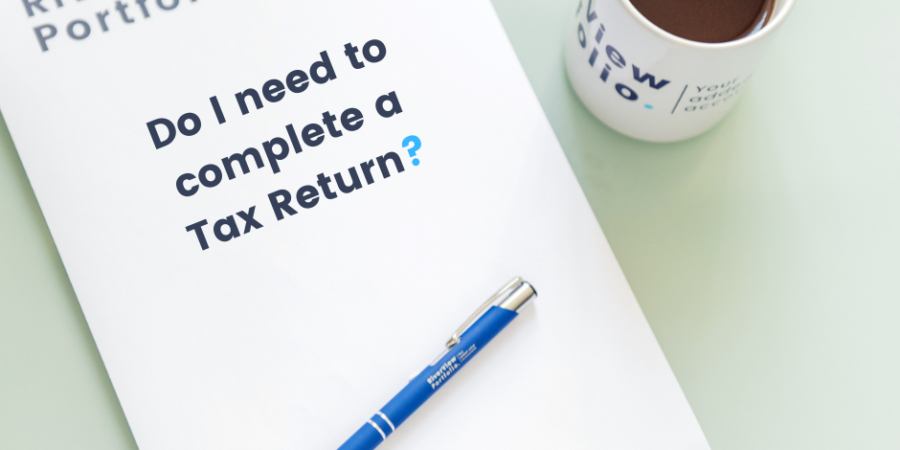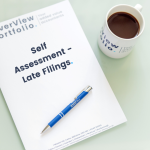Self-Assessment tax returns are one of the systems HMRC use to collect income tax. Tax returns are necessary to be completed by people that don’t have income that is taxed at the source. It can be confusing to know whether this applies to you as there are a multitude of different parameters that could make you eligible to complete a return. This article will outline for you the circumstances that could mean you need to file tax returns.
You are likely to need to do a return if one or more of the following apply to you:
- You are self employed
- You are a partner in a partnership business
- You are a trustee or the executor of an estate
- You are a minister of religion
You also may be required to complete a Self-Assessment tax return if:
- You are a company director, and you have income that is not taxed under PAYE;
- You have untaxed income. For example, interest that is not taxed before it is paid to you or rental income. If you are an employee or a pensioner and the income (profit) is less than £2,500 a year you might not have to complete a tax return, but it is still your responsibility to report such income by contacting HMRC. If you receive other untaxed income and the tax due on it cannot be collected via your PAYE coding notice you will need to complete a tax return;
- You receive regular annual income from a trust or settlement, or you receive income from the estate of a deceased person and further tax is due;
- You have foreign income on which UK tax is due (although there is an exclusion if your foreign income consists solely of dividends which fall sunder the dividend allowance)
- You are non-resident and you have taxable income in the UK. This includes non-UK resident landlords.
- You have income from savings and investments of £10,000 or more before tax;
- You have annual income of £100,000 or more before tax;
- You or your partner receive child benefit and your adjusted net income is over £50,000 and therefore liable to the higher income child benefit charge
- You are liable to certain other tax charges, such as on ‘excess’ gift aid or pension contributions.
- You are liable to tax on a state pension lump sum which you deferred from before 6 April 2016;
- You incorrectly claimed coronavirus support payments which you have not already repaid to HMRC;
- You have tax due at the end of the year that cannot be collected via your PAYE coding notice in a later year;
- Your untaxed income is £2,500 or more – but if you are a pensioner, you may be able to pay your tax through your PAYE Coding Notice;
- Your claim for expenses are £2,500 or more;
- You have capital gains where:
- You have given away or sold assets worth £49,200 or more for 2022/23; or
- You have a capital loss but your gains net of any losses are more than the annual exemption for 2022/23 of £12,300; or
- You have no losses to claim but your gains are more than the annual exemption for 2022/23 of £12,300; or
- You need to make any other capital gains tax claim or election for the year.
There may be other reasons that HMRC ask you to complete a return, but these are the main ones we believe that are most common.
If you need to complete a return, you must notify HMRC of this to obtain a Unique Tax Reference (UTR). The UTR is the 10-digit reference that will enable you to submit your self-assessment tax return. If you have been under the self-assessment tax regime previously, then HMRC will send you a notification to file if they believe you still need to complete a return.
If you are still unclear whether you need to hand in a tax return, don’t hesitate to get in touch!







